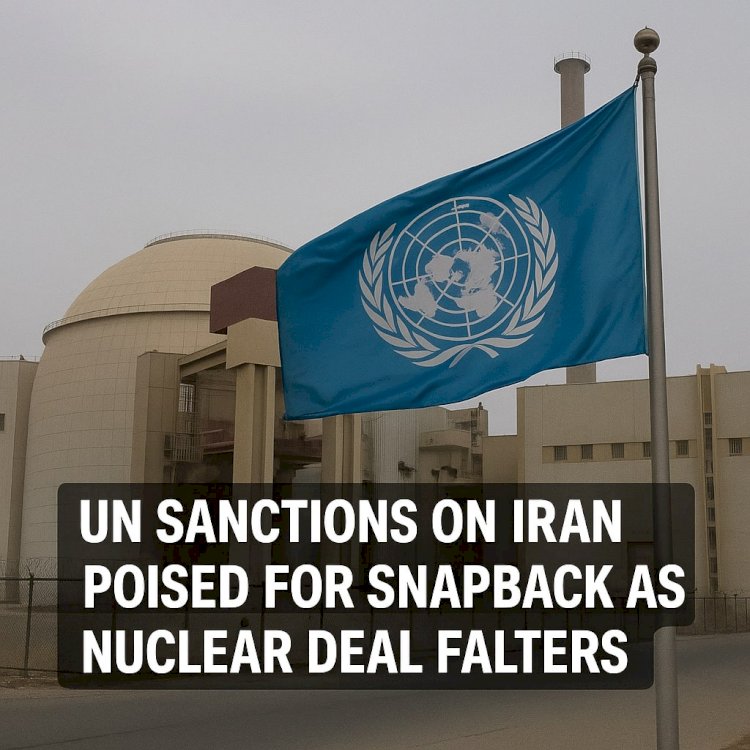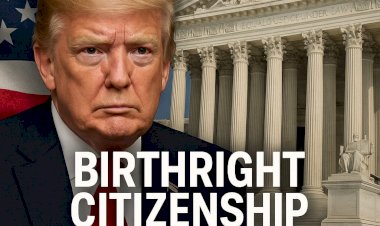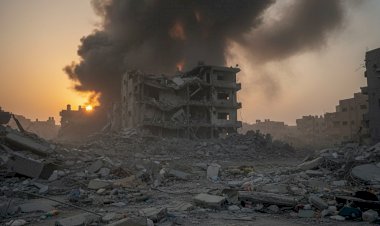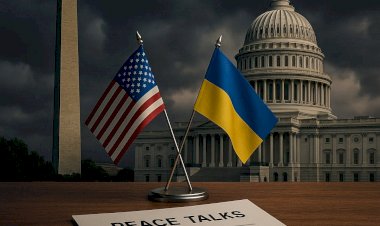UN Sanctions on Iran Poised for Snapback as Nuclear Deal Falters

United Nations, September 20, 2025 — International sanctions on Iran are on the verge of being reinstated, after European powers declared that Tehran has failed to uphold its commitments under the 2015 nuclear agreement. The development raises the likelihood of renewed economic isolation for Iran and heightened tensions between Tehran and the West.
Escalation of Pressure
The United Kingdom, France, and Germany initiated the snapback process under UN Security Council Resolution 2231 late last month. This mechanism automatically reimposes UN sanctions if Iran is found in breach of its obligations, unless consensus is reached to maintain sanctions relief. Diplomats say the deadline for compliance is fast approaching, and little progress has been made.
French officials have stated publicly that Iran’s recent offers fall far short of the required transparency and cooperation with international inspectors. Unless there is a last-minute reversal, sanctions are expected to take effect by the end of September.
The Scope of Sanctions
The measures set to return include a ban on arms sales, restrictions on ballistic missile development, and renewed limits on Iran’s ability to enrich uranium. Targeted asset freezes and travel bans for officials linked to the country’s nuclear and missile programs would also be reactivated.
These restrictions, lifted under the Joint Comprehensive Plan of Action (JCPOA) a decade ago, had given Iran space to trade more freely and engage with international markets. Their reinstatement is expected to sharply curtail Tehran’s economic options.
Tehran’s Defiance
Iran has dismissed the snapback move as illegitimate. President Masoud Pezeshkian declared that the country will withstand whatever sanctions are imposed, pointing to Iran’s experience in navigating past economic blockades. Iranian officials maintain that their nuclear program is civilian in nature and accuse Western powers of politicizing the issue.
Global Stakes
The looming return of sanctions threatens to squeeze Iran’s already fragile economy, discouraging foreign investment and tightening restrictions on technology and financial flows. For the broader international community, the move underscores the fragility of the nuclear deal and the limits of diplomacy in managing proliferation concerns.
The snapback also poses an enforcement challenge. Some countries are expected to resist or circumvent the measures, potentially blunting their effectiveness and further dividing global powers.
What Lies Ahead
The Security Council is due to meet again in the coming days, but with no clear consensus, the snapback is expected to proceed automatically. Should sanctions return, they will mark a decisive setback in efforts to revive the nuclear agreement and will likely trigger new confrontations across the Middle East.
For now, the window for compromise is narrow — but the consequences of failure could be far-reaching, both for Iran’s economy and for global security.

 content-team
content-team 


















